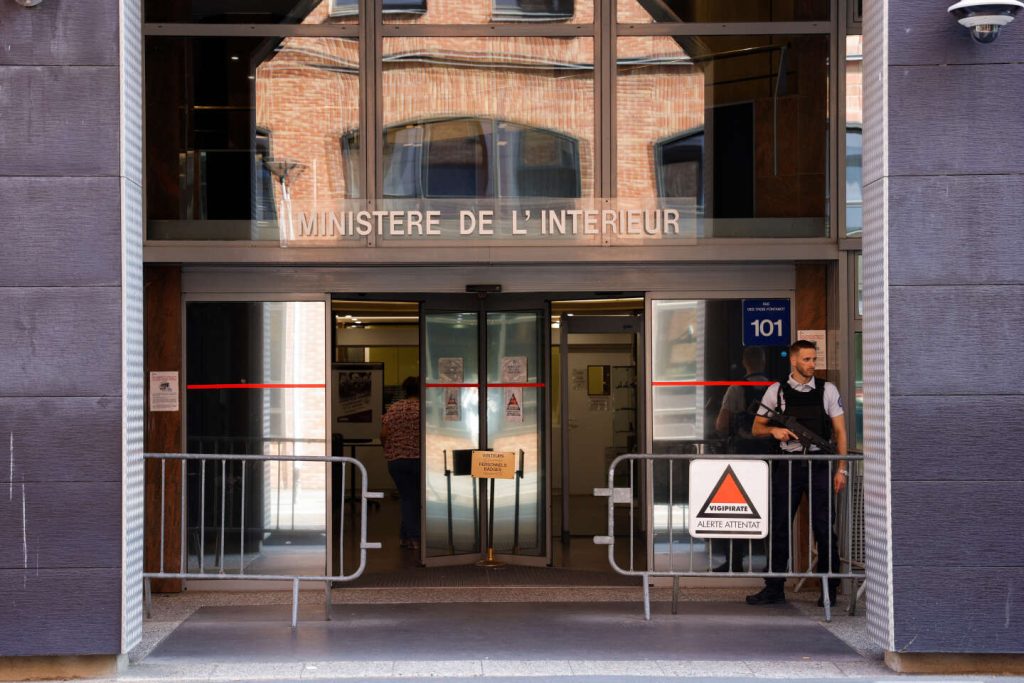The online scams, misappropriation of public aid for renovation or training, breaches of integrity, tax fraud… Financial crime covers a wide range of cases, causing significant harm to citizens who are victims and to the State. As the government launches its new anti-corruption plan, there is optimism. The justice system has the necessary legal tools and massive recruitment has been announced: 10,000 new positions by 2027, including 1,500 magistrates and 1,800 clerks. However, this will not be enough without a new impetus from the public authorities.
Ten years after the creation of the National Financial Prosecutor’s Office, four years after the establishment of the national jurisdiction for combating organized crime, and twenty years after the specialized interregional jurisdictions were set up, magistrates and investigators share a worrying sense of inadequacy. The fight against financial crime remains one of the weak links in the criminal justice system, even though it is a profitable investment for the budget and vital for democracy and the rule of law. The issue goes beyond financial matters: behind many scams and abuses of integrity, there are often mafia organizations that compete with the Republic.
The Information, Intelligence, and Strategic Analysis Service on Organized Crime highlighted that corruption and vote-buying are now a priority for these mafias. Recently, the director of the General Inspectorate of the National Police, Agnès Thibault-Lecuivre, reported that investigations into corruption in the police force have doubled in a year. Superficially targeting resale networks is not enough; there is a need to systematically dismantle the money laundering networks linked to criminal activities, requiring financial investigations in organized crime cases. However, these essential investigations are very rare due to insufficient material and human resources.
It is urgent to alert citizens about the deterioration of the fight against financial crime in France. Not to improve the working conditions of the agents involved, but to enable them to be truly effective, as this justice system brings money to the State, and thus to the citizens. Significant sums are collected through fines from settlement agreements and confiscations. Allocating a percentage of these confiscations to fund investigations, as is already done for drug trafficking, would substantially improve the situation while reinforcing the meaning of these judicial sanctions in the eyes of both the convicted individual and the citizen.
Overall, tackling financial crime is crucial not only for economic reasons but also for the health of democracy and the rule of law. The fight against financial crime, including corruption and organized criminal activities, requires a renewed effort and investment in both legal tools and human resources. By addressing the structural weaknesses in this area, France can better protect its citizens, its institutions, and its financial resources from the harmful effects of financial crime.


